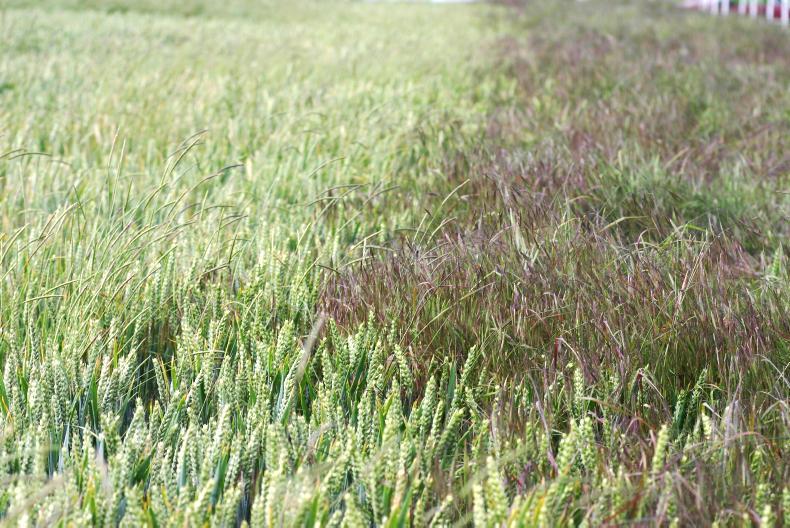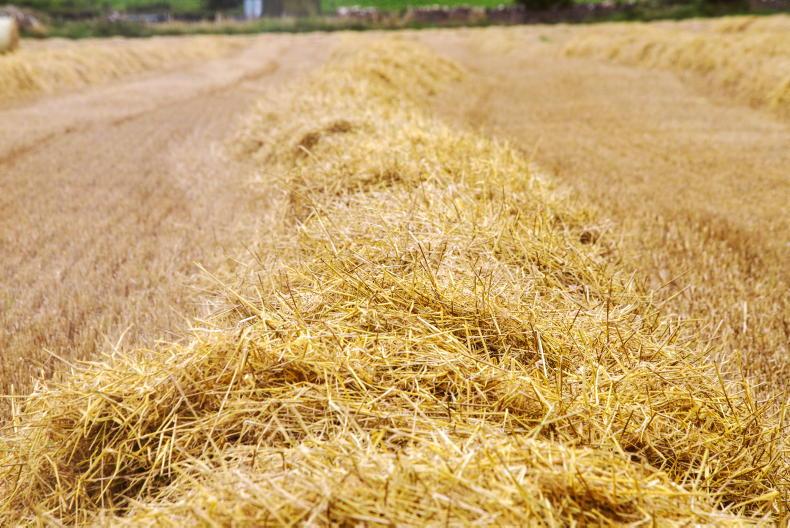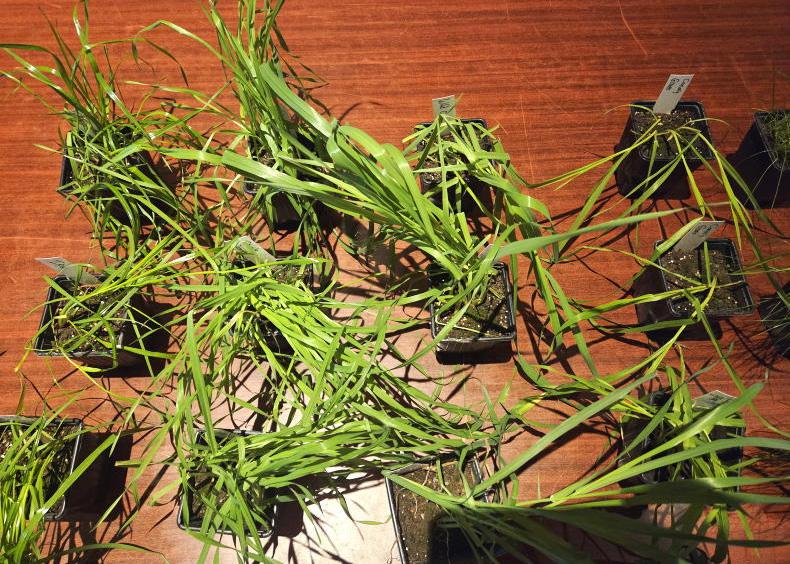Teagasc are seeking tillage farmers to take part in a new online grassweed survey. The survey is part of the Enable Conservation Tillage (ECT) project and aims to assess growers’ awareness of herbicide-resistant weeds, as well as adoption of resistance management strategies.
In Ireland, resistant-weeds, especially resistant-grass weeds, are more widespread than many would think
The loss of key herbicides in our main tillage crops has been compounded by the over-reliance on the remaining herbicides, which is causing the rapid evolution of herbicide resistance in a range of grass and broadleaf weeds.
In Ireland, resistant-weeds, especially resistant-grass weeds, are more widespread than many would think.
This has serious consequences for Irish tillage farming
For example, herbicide resistance testing of wild oat samples collected across main tillage areas prior to the 2019 harvest suggest that about 5% of fields, where wild oats were found pre-harvest, had some herbicide-resistant plants within their wild oat populations (herbicides tested include pinoxaden (Axial®), propaquizafop (Falcon®) and cycloxydim (Stratos ultra®) of ACCase herbicides).
In addition, there is suspected resistance in sterile brome to ALS-mesosulfuron, and a high likelihood of ACCase/ALS resistance in black-grass. If proven, this has serious consequences for Irish tillage farming.
The anticipated ban on glyphosate in 2022 will further aggravate weed challenges, putting more pressure on the industry. Therefore, there is a need to re-think and re-evaluate growers’ herbicide management strategies.
The survey is designed to be completed by farmers with some knowledge of their establishment systems and of the herbicides used on the farm. The responses are anonymous.
The survey will answer the following questions:
What weed species do growers find problematic or difficult to control on their farm?Do growers perceive weed resistance as an increasing issue on their farm?Have growers already applied measures to reduce weed resistance build-up?What do growers plan for the future to manage weed resistance?The outcome will increase researchers/advisors’ understanding of growers’ concerns about resistance problems, and also develop tailor-made weed management programmes and knowledge transfer activities. The link to the survey can be found on the Teagasc website, their social channels or on the Irish Farmers Journal website.
Teagasc are seeking tillage farmers to take part in a new online grassweed survey. The survey is part of the Enable Conservation Tillage (ECT) project and aims to assess growers’ awareness of herbicide-resistant weeds, as well as adoption of resistance management strategies.
In Ireland, resistant-weeds, especially resistant-grass weeds, are more widespread than many would think
The loss of key herbicides in our main tillage crops has been compounded by the over-reliance on the remaining herbicides, which is causing the rapid evolution of herbicide resistance in a range of grass and broadleaf weeds.
In Ireland, resistant-weeds, especially resistant-grass weeds, are more widespread than many would think.
This has serious consequences for Irish tillage farming
For example, herbicide resistance testing of wild oat samples collected across main tillage areas prior to the 2019 harvest suggest that about 5% of fields, where wild oats were found pre-harvest, had some herbicide-resistant plants within their wild oat populations (herbicides tested include pinoxaden (Axial®), propaquizafop (Falcon®) and cycloxydim (Stratos ultra®) of ACCase herbicides).
In addition, there is suspected resistance in sterile brome to ALS-mesosulfuron, and a high likelihood of ACCase/ALS resistance in black-grass. If proven, this has serious consequences for Irish tillage farming.
The anticipated ban on glyphosate in 2022 will further aggravate weed challenges, putting more pressure on the industry. Therefore, there is a need to re-think and re-evaluate growers’ herbicide management strategies.
The survey is designed to be completed by farmers with some knowledge of their establishment systems and of the herbicides used on the farm. The responses are anonymous.
The survey will answer the following questions:
What weed species do growers find problematic or difficult to control on their farm?Do growers perceive weed resistance as an increasing issue on their farm?Have growers already applied measures to reduce weed resistance build-up?What do growers plan for the future to manage weed resistance?The outcome will increase researchers/advisors’ understanding of growers’ concerns about resistance problems, and also develop tailor-made weed management programmes and knowledge transfer activities. The link to the survey can be found on the Teagasc website, their social channels or on the Irish Farmers Journal website.










SHARING OPTIONS